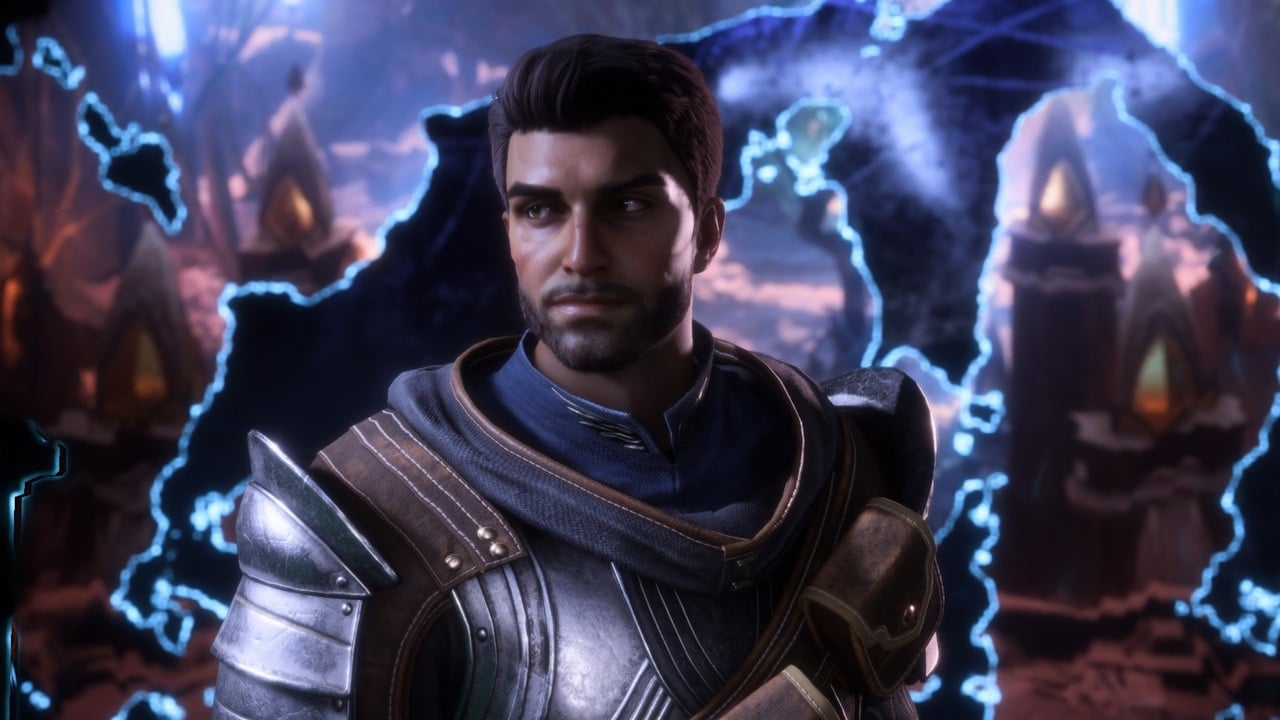Baldur's Gate 3 publisher criticized EA and BioWare decision-makers. „On a pirate ship, they’d toss the captain overboard”
Michael Douse from Larian Studios commented on the layoffs at the BioWare studio. He believes that they happened too quickly and that the consequences should also be borne by those higher up in decision-making positions.

Following the announcement of layoffs at BioWare, intended to enable the company to focus exclusively on Mass Effect 5, job offers from employees who were let go from the studio started to surface. Some of the employees had even been working there for almost 20 years. IGN reached out to EA asking for details about the layoffs, but the company's response was evasive.
The studio's priority was Dragon Age. During this time there were people continuing to build the vision for the next Mass Effect. Now that The Veilguard has shipped, the studio's full focus is Mass Effect. While we're not sharing numbers, the studio has the right number of people in the right roles to work on Mass Effect at this stage of development.
As we can see, the publisher repeats the same statements we heard during the restructuring announcement and is reluctant to share precise information. We received a blunt comment on the matter from one of the Baldur’s Gate 3 developers.
"Video games companies should be run like pirate ships"
Michael Douse, head of the publishing division at Larian Studios, has frequently commented on X about events in the gaming industry and didn't overlook the layoffs at BioWare. His voice is rather critical: he believes that companies make such a move under financial pressure, which only emphasizes the "aggressive efficiency of big corporations." He highlights that project failures always impact those lower down, whereas the more significant and decision-making people should actually face the consequences.
It’s always people lower down the food chain that suffer, when it’s clearly strategy higher up the food chain that’s causing the problem. On a pirate ship, they’d toss the captain overboard. Video games companies should be run like pirate ships.
Douse underlines that what he hates most about layoffs is the way they are conducted. In his opinion, they occur too quickly, before decisions are made about the future direction, not as a result of it. He considers it a "short-term cost-saving measure at a huge human cost, which doesn't solve the long-term problem."
You can probably figure it out if you trust your developers instead of firing them. On a positive note, I’m seeing a slight shift in this direction. In the low-stakes arena of remasters and remakes, but they are the foundation of something bigger.
The proof of this is evident in many cases where dismissed employees return to their positions after the company suddenly realizes that they were actually needed. One of the commentators pointed this out, and Douse agreed with her words.
Meanwhile, another person asked if the result of 1.5 million "engaged players" (as EA reported) shouldn't be considered good for a dormant brand. In response, Douse admitted that defining a "good" result is quite a difficult matter.
This is a really tough question to ask because "what's good" is defined by the person who gets to decide what number is "good" for whatever reason they need to do that. You'd be surprised how difficult to predict that "what's good" number can be.
Douse also pointed out the fact that DA: The Veilguard was very poorly positioned in the "complex market" from the very beginning, which made it impossible for anyone to predict what the game's release would look like.
- EA always favored Mass Effect over Dragon Age, says co-creator of RPG series. „They never knew what to do with DA”
- Mass Effect 5 may be BioWare's last resort after Dragon Age: The Veilguard failure. Devs reveal what led to game's downfall
- „EA's historically been against remasters.” That's why we never got a refreshed Dragon Age trilogy
0

Author: Martin Bukowski
Graduate of Electronics and Telecommunications at the Gdańsk University of Technology, who decided to dedicate his life to video games. In his childhood, he would get lost in the Gothic's Valley of Mines and "grind for gold" in League of Legends. Twenty years later, games still entertain him just as much. Today, he considers the Persona series and soulslike titles from From Software as his favorite games. He avoids consoles, and a special place in his heart is reserved for PC. In his spare time, he works as a translator, is creating his first game, or spends time watching movies and series (mainly animated ones).
Latest News
- End of remote work and 60 hours a week. Demo of Naughty Dog's new game was born amid a crunch atmosphere
- She's the new Lara Croft, but she still lives in fear. Trauma after Perfect Dark changed the actress' approach to the industry
- „A lot has become lost in translation.” Swen Vincke suggests that the scandal surrounding Divinity is a big misunderstanding
- Stuck in development limbo for years, ARK 2 is now planned for 2028
- Few people know about it, but it's an RPG mixing Dark Souls and NieR that has received excellent reviews on Steam, and its first DLC will be released soon


